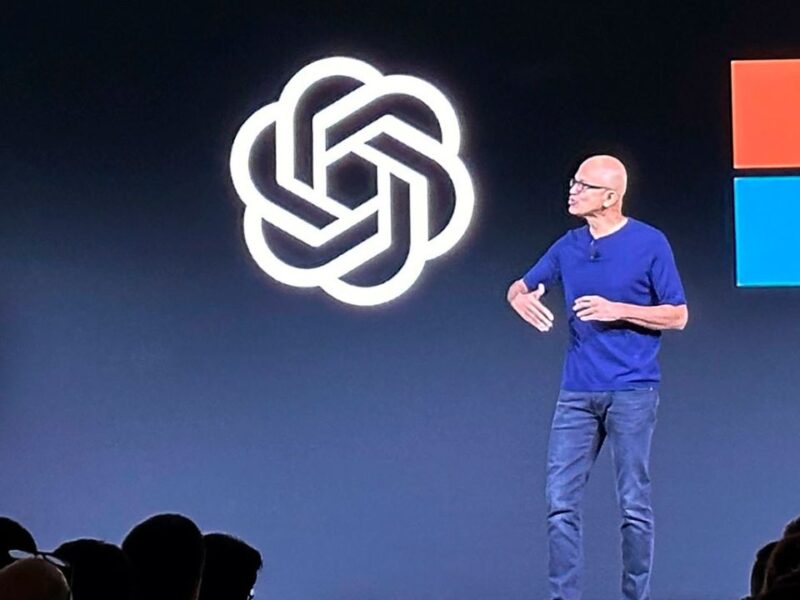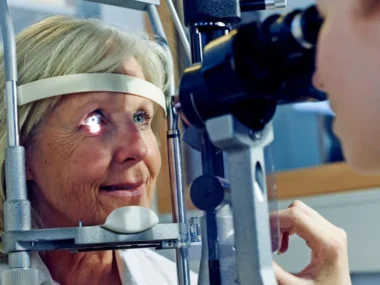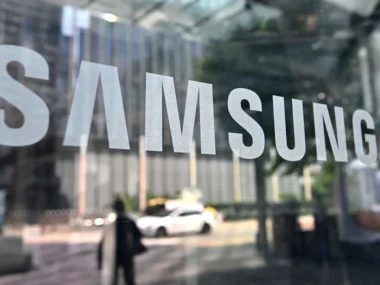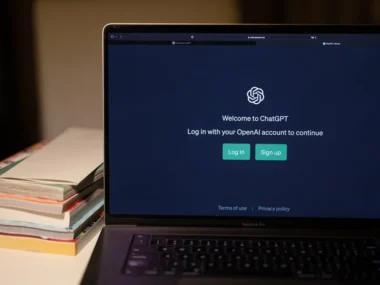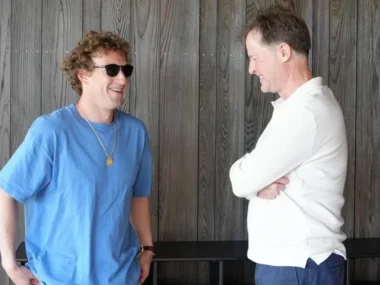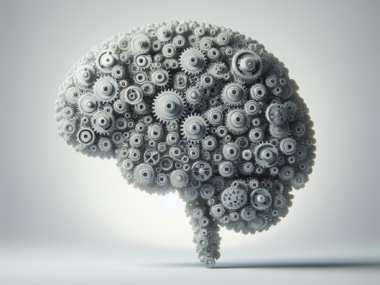Altman has stated that the tech giant, which holds a 49% ownership stake in the company behind ChatGPT following a $13 billion investment, will assume a non-voting, observer role on the board.
After Sam Altman returned as CEO, Microsoft will have a non-voting, observer role on OpenAI’s board, according to Altman’s recent announcement. This means that Microsoft’s representative can participate in board meetings and access confidential information but will not possess the ability to vote on important matters, such as the election or selection of directors.
Satya Nadella, Microsoft’s CEO, who had brought Sam Altman to Microsoft after Altman’s departure from OpenAI, previously expressed the need for governance reform at the company responsible for ChatGPT.
OpenAI recently unveiled a new initial board, with Bret Taylor, former co-CEO of Salesforce, serving as the chair, and Larry Summers, the former US treasury secretary, as members. Adam D’Angelo, the CEO of Quora, who was a part of the board that removed Altman from his position, also retained his position on the board.
Bret Taylor announced on Twitter/X that he plans to step away from his role and entrust the oversight of OpenAI to his fellow board members once transitional tasks are complete.
The newly formed OpenAI board is actively seeking new members with expertise in various fields, including technology, safety, and policy. It’s worth noting that OpenAI investors are unlikely to secure seats on the non-profit board, according to sources cited by Reuters.
Microsoft has committed to investing over $10 billion in OpenAI and holds a 49% ownership stake in the company. As of now, Microsoft has not provided an immediate response to requests for comment.
Mira Murati, who previously served as OpenAI’s Chief Technology Officer and briefly held the position of interim CEO after Sam Altman’s removal, has returned to her role as the company’s CTO.
Sam Altman was initially ousted from OpenAI on November 17 without a detailed explanation, which raised concerns among investors and employees. However, he was reinstated four days later with the promise of a new board, alleviating some of the uncertainty surrounding the company’s future in the artificial intelligence field.
Greg Brockman, Altman’s co-founder who had also left the company, is returning as the President, as announced by Altman. Altman mentioned that he and Brockman are partners in running the company, despite any ambiguities on the organizational chart.
Ilya Sutskever, OpenAI’s Chief Scientist, will no longer be part of the board, as Altman confirmed. Sutskever had initially been involved in the effort to remove Altman but later signed an employee letter supporting Altman’s return and expressing regret for his role in the board’s actions. Altman expressed his admiration and respect for Sutskever and mentioned that the company is discussing how Sutskever can continue his work at OpenAI.
Aside from Altman, Brockman, Sutskever, and D’Angelo, the previous OpenAI board included entrepreneur Tasha McCauley and Helen Toner, the director of strategy at Georgetown’s Center for Security and Emerging Technology.

